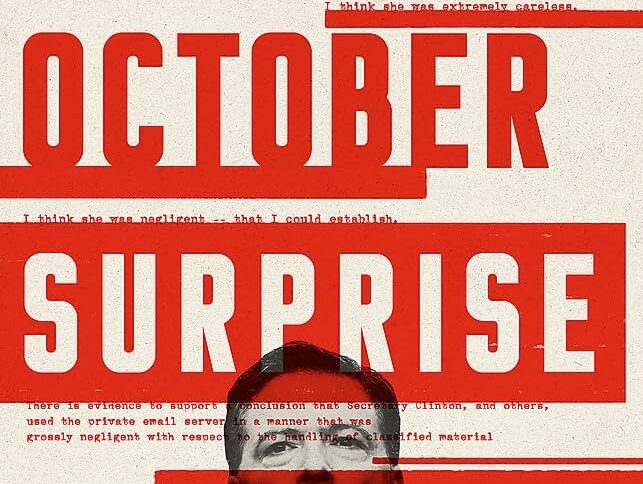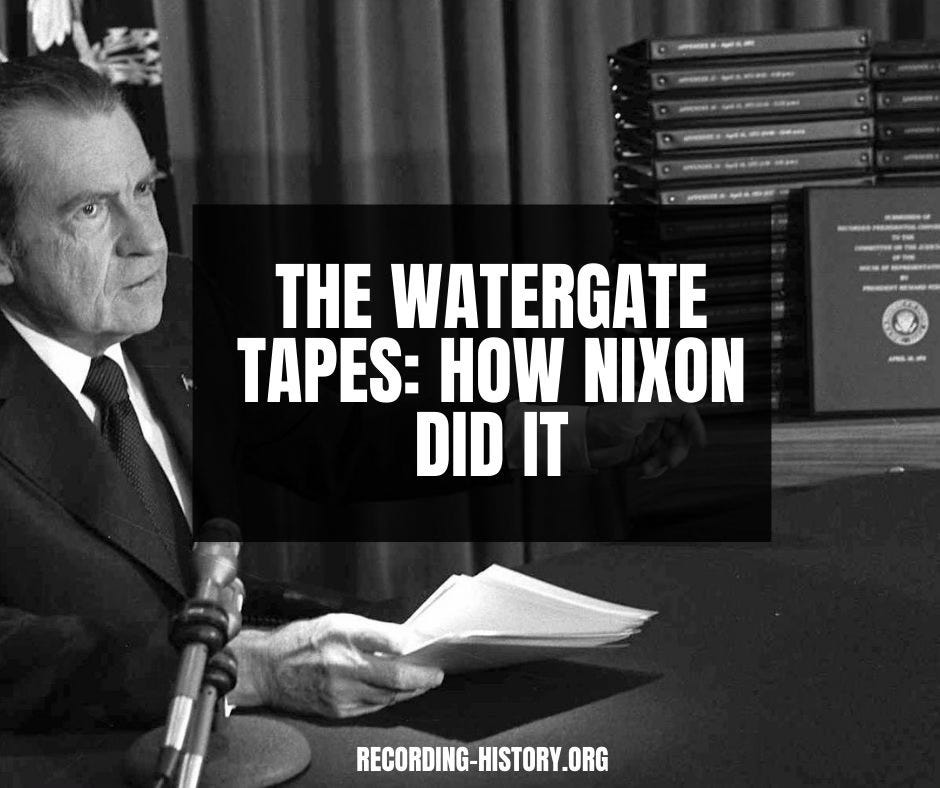Trump v United States: In 1972, a White House recording system captured President Richard Nixon and his chief of staff discussing and deciding to order the CIA to furnish a bogus story to shut down the FBI’s investigation into the Watergate burglary.
When the Supreme Court cleared the way for the recording’s release to the Justice Department two years later, the “smoking gun” tape effectively ended Nixon’s presidency. Ever since then, the tape has been understood as clear evidence that could prove Nixon and his aides committed the crime of obstructing justice. No man was above the law, the court affirmed.
Until Monday.
The Supreme Court’s ruling in Trump v. United States appears to have immunized a future president who uses the U.S. intelligence community for nefarious ends as Nixon did. In a heavily criticized 6-3 decision, the court ruled that a president is entitled to “presumptive immunity” for official acts—like Nixon’s ordering the CIA to call the FBI and tell them to “stay the hell out of” Watergate. The high court’s decision also stacks the deck against prosecutors who could not use evidence of a president’s official act, like another “smoking gun” tape, as evidence against them.
Justice Sonia Sotomayor’s blistering dissent said the ruling turns the president into a king above the law. “When he uses his official powers in any way, under the majority’s reasoning, he now will be insulated from criminal prosecution,” Sotomayor wrote. “Orders the Navy’s SEAL Team 6 to assassinate a political rival? Immune. Organizes a military coup to hold onto power? Immune. Takes a bribe in exchange for a pardon? Immune. Immune, immune, immune.”
The U.S. intelligence community was already worried about the prospect of a second Trump term. If he’s re-elected with the immunity he desperately sought in his back pocket, Trump may find the temptation to use the intelligence community to carry out his promised campaign to “root out” opponents who “live like vermin” may be too great to pass up.

